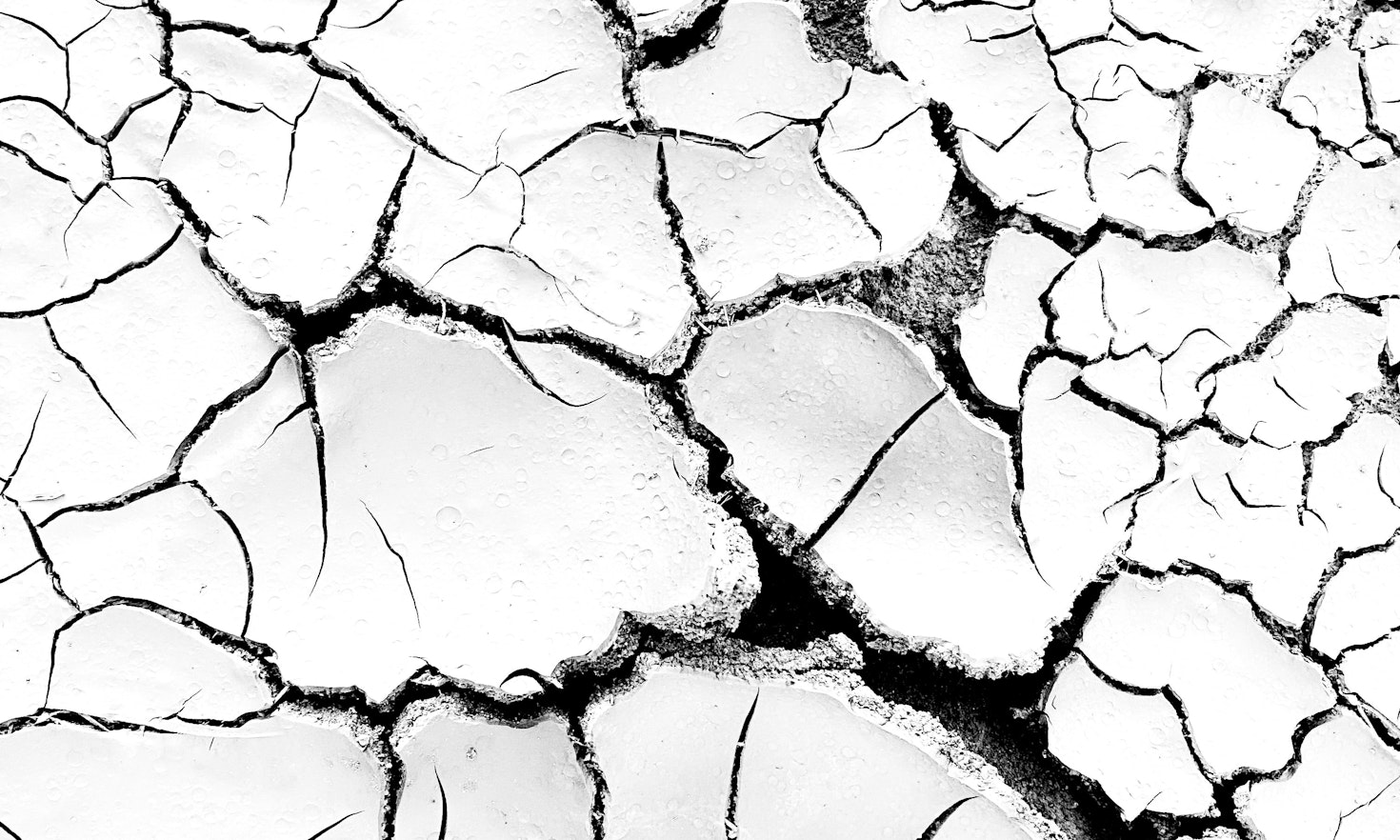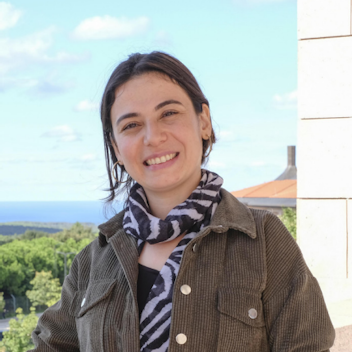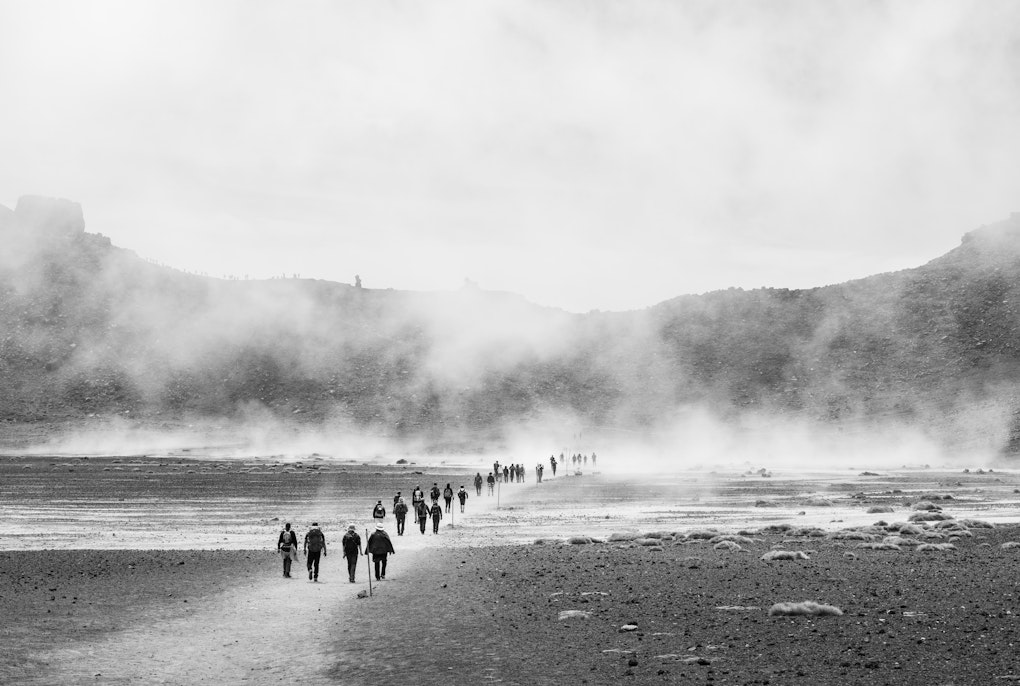
Indigenous Mobility, Urbanization and Participation in Latin America
 Ilaria Signori
Ilaria Signori
To move or not to move? I seek to answer this question among farmers from three rural areas of Turkey who face manifold climatic and non-climatic challenges, which include drought, seasonal shifts, frost, hail, storms, climbing input prices, and market fluctuations. Farmers' answers diverge regarding moving or not. There are those willingly immobile and those unwillingly immobile.
I have not experienced such flooding in my farming life in over 40 years! One half of the potato planted has rotted away and is gone; the other half is again gone because of the fungus after the heavy flooding.
A farmer from Turkey's Inner Aegean Region, May 2023
Where to go? How can I leave my land, hometown, and everything?
The same farmer from the same region, May 2023
The farmer’s statements might lead you to assume that the increasing hazards posed by climate change do not impact human mobility. In fact, the answer to the question “Does climate change lead to human migration?” is far more complex than a simple “yes” or “no”. Here is why.
My research* shows that most farmers have no intention to migrate (either from rural to rural or rural to urban) within the country because of climatic and non-climatic challenges. The rate of those who are planning to move is quite low - despite the worsening impacts of climate change and long-lasting structural problems in agriculture in Turkey.
The latter include a lack of agricultural reform, aging rural populations, fragmented farming lands and overemphasis on capital-intensive agriculture for long years.
All three research sites grapple with climate change effects and primarily depend on agriculture. Let us now dive into farmers' firsthand experiences and migration intentions in three focused areas.
Indeed, each of the 111 farmers I have interviewed has experienced more than one of the impacts of climate change, be it water scarcity, drought, storm, flooding, or associated effects like a sharp increase in pests and depletion of underground waters. Regardless of regional differences, most of them also heavily complain about the climbing prices of electricity, fertilizers, and agricultural pesticides and uncertain market conditions deriving from supply chain disruptions and fluctuations in the price of agricultural commodities.
When I asked them why they were unwilling to migrate, most of them pointed out their belongings, familial ties, and attachment to their land, as in the case of the farmer mentioned above from Region A. So, their decision to move or not heavily depends on not only objective realities, including climatic and non-climatic challenges, but also their subjective understandings of moving, aspirations and anxieties when starting afresh in an unfamiliar environment, perceived risks and attachment to the original culture.
It may seem obvious that emotional and material attachment plays a key role in the decision of whether to leave one’s birthplace. But there are other factors playing an equally important role, if not more.
To my question of whether they intend to quit farming and move to another town or urban centre (rural to urban or rural to rural), almost one in four farmers expressed that they aspire to migrate but cannot move mostly because of economic incompetence, as another farmer I interviewed told me:
If I had the opportunity to move to the urban centre, I would. (silence). But who knows? Maybe one day I could.
A farmer from Turkey's Mediterranean Region, September 2022
This is the second important dimension of climate-induced migration. Some people are involuntarily immobile, because they lack the means and the capacity (including economic and social) to be mobile. In other words, once they find the necessary means to migrate, they are willing to quit farming, their land, and sites of belonging in the hope of moving to a better place. At this point, you might wonder which farmers are willing to migrate. Among multiple other factors, my research shows that it is particularly earlier migration history and the likely existing networks (families, friends, neighbours who have migrated before) that could explain one of the reasons why certain farmers aspire to move while others do not. From another angle, better access to irrigation sources in their hometowns might be another reason farmers do not want to move.
In short, it is now becoming increasingly clear that not only the objective reality of climatic factors combined with non-climatic factors account for decision-making behind mobility and immobility. The subjective understanding of staying and moving, belonging, culture, hope, and fear also matter. It is the case despite the gigantic image of climate change, which has entered a new phase for the whole globe.
The critical question here is, "How long can farmers resist not to move or quit farming?" To be more precise, how long will the current maladaptive practices of farmers (excessive increase in water use, pesticides, and chemical fertilizers) last? How will such tentative "solutions" "fix" the multifaceted problem we all face now of varying degrees? Genuine answers to these questions and the subsequent efforts to be made will likely determine not only the extent of climate change impacts on human mobility but also that of non-humans.
Disclaimer: *This piece is just a glimpse of the complex and complicated reality of decision-making regarding climate migration. In my Ph.D. project, based on extensive fieldwork from 2021-2023 and mixed method approach, I focus on the role of social networks and agriculture-related institutions in adaptation practices and processes of differently situated farmers in three rural areas of Turkey. I also delve more into their mobility and immobility inclinations. For more, stay tuned for my journal articles.

This content is licensed under a Creative Commons Attribution 4.0 International license.

 Ilaria Signori
Ilaria Signori
 Verena Wisthaler
Verena Wisthaler
 Katharina Crepaz
Katharina Crepaz